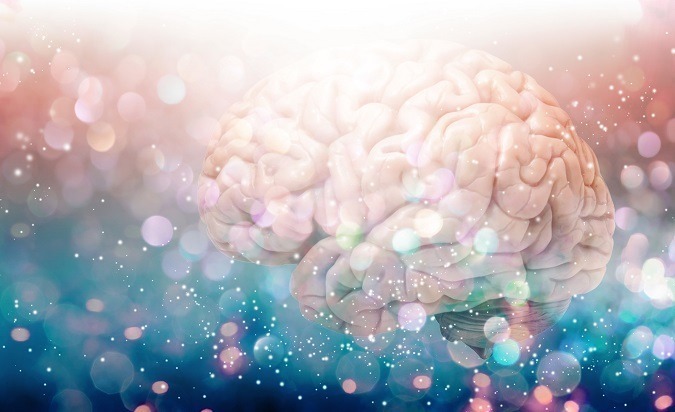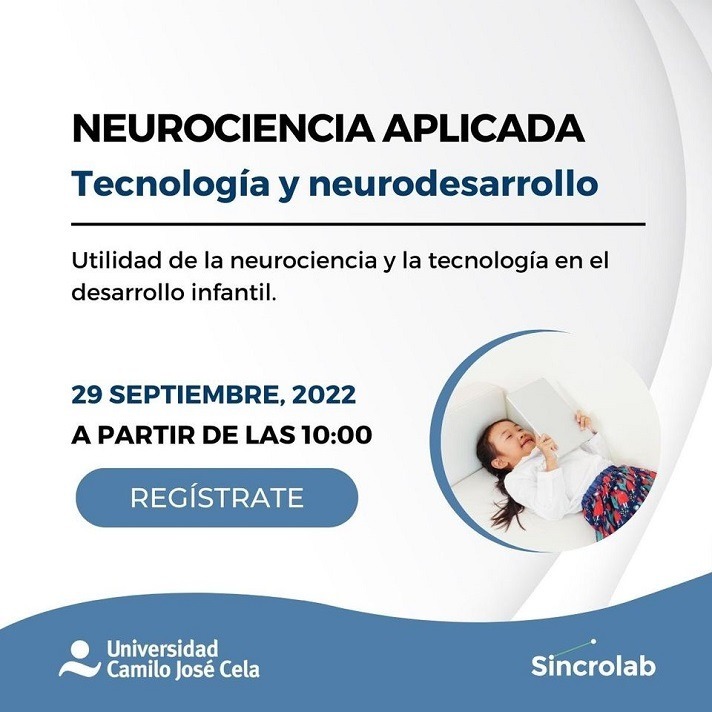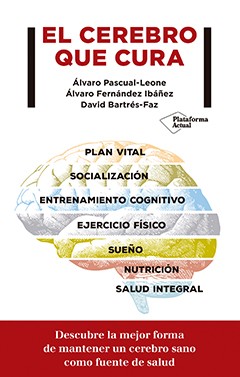En Español
Sin salud cerebral, usted no tiene salud
A lo largo de la vida, su cerebro va a experimentar un desarrollo extraordinario. Su cerebro es el órgano más adaptable y modificable de su cuerpo, y puede cambiar tanto positiva como negativamente, dependiendo de cómo lo utilice cada día. Simplemente leyendo este libro, su cerebro ha cambiado. ¿Cuánto y cómo va cambiar en los…
Read MoreMadrid, 29 de septiembre: ¿Cómo debemos aplicar la neurotecnología en la clínica y en la educación?
Descripción: La medicina, la psicología y la educación están asistiendo a la irrupción de una gran cantidad de nuevos enfoques gracias a la colaboración con otras disciplinas como la ingeniería, la electrónica o la computación. Estos nuevos enfoques proponen criterios y maneras de abordar el neurodesarrollo y su aspectos patológicos (TND) de maneras muy diferentes…
Read MoreThe Do’s and Don’ts of Harnessing Technology (and Anxiety) for Good
Welcome to a new edition of SharpBrains’ e‑newsletter, featuring important brain & mental health news plus a few fun brain teasers to test your reasoning skills and more… #1. Challenge ahead: Harnessing technology for good mental health “Technology can not only help us grow out of unhealthy habits, it is also possible to expand human mental…
Read MoreBrain teasers en español: ¿cuál es el número que falta en el cuarto triángulo?
(Same brain teaser in English here) Es viernes y quizás algunos necesitemos un pequeño empujón cognitivo para abordar el fin de semana… Aquí va un breve desafío matemático: ¿Qué número que falta en el cuarto triángulo? Aviso a tod@s esos sharp brains: Sí, puede haber más de una respuesta … pero asegúrate de que tu…
Read MoreTres hábitos de higiene mental para vencer al COVID-19 y crear un futuro más saludable
¿Cuántos de nosotros estamos experimentando estos días un cóctel de confusión, ansiedad y estrés? ¿Cuántos incluso sentimos sorprendentes momentos de respiro y de aprecio por lo que tenemos, por lo que somos? En una encuesta publicada el 2 de Abril por la Kaiser Family Foundation, el 45% de los estadounidenses dice que la crisis está perjudicando…
Read MoreEl Cerebro Que Cura: Descubre la mejor forma de mantener un cerebro sano como fuente de salud
___ Álvaro Fernández, CEO de SharpBrains, estuvo recientemente en Abante para presentarnos “El cerebro que cura: Descubre la mejor forma de mantener un cerebro sano como fuente de salud“, el libro que escribió junto a Álvaro Pascual-Leone, neurocientífico de la Universidad de Harvard, y a David Bartrés-Faz, profesor de la Facultad de Medicina y Ciencias…
Read More




